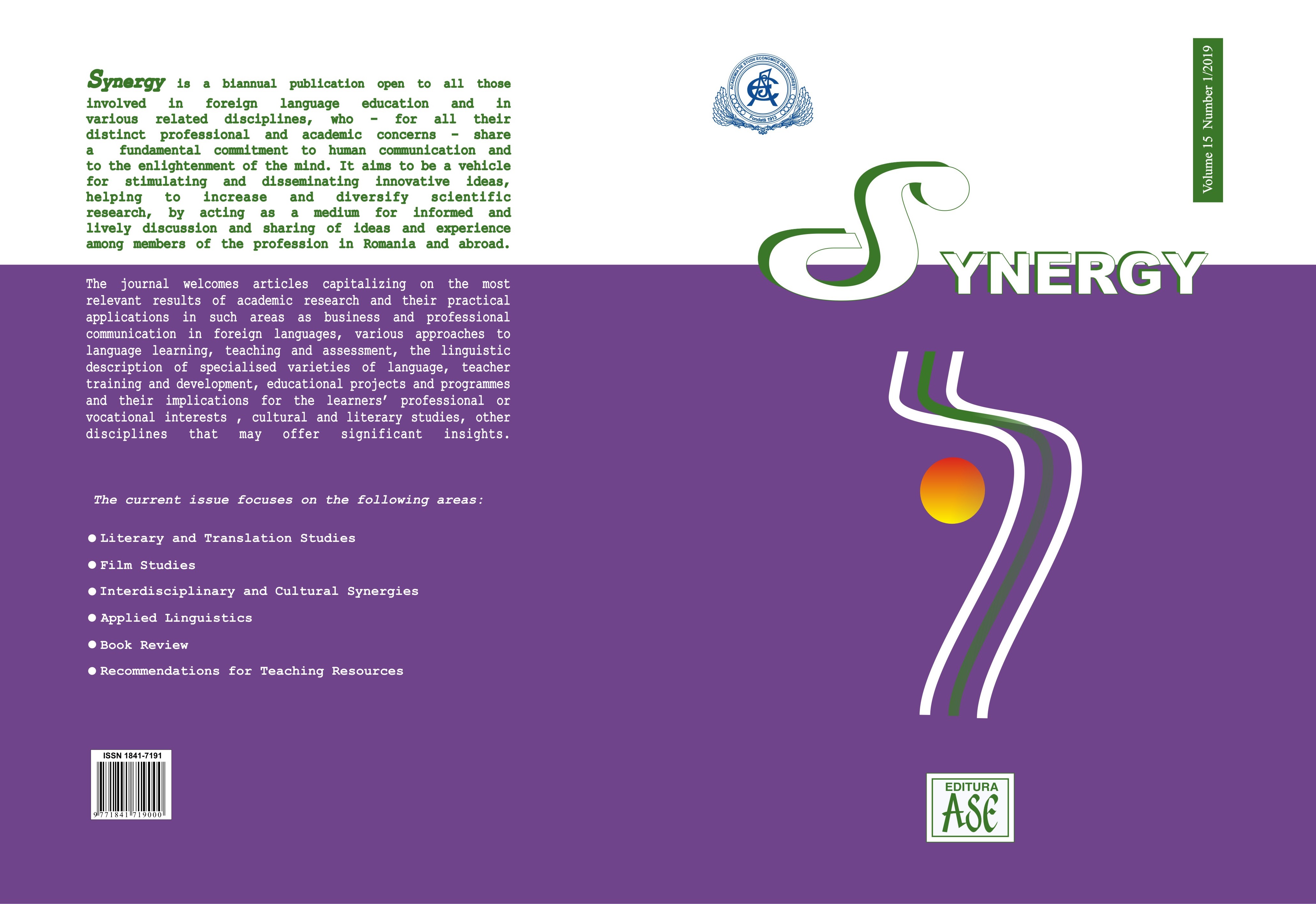OPEN EDUCATIONAL RESOURCES OR THE FUTURE OF EDUCATION
OPEN EDUCATIONAL RESOURCES OR THE FUTURE OF EDUCATION
Author(s): Monica Condruz-BacescuSubject(s): Language and Literature Studies, Applied Linguistics, Philology
Published by: EDITURA ASE
Keywords: open education resources; education system; free license; curriculum; software; opportunities;
Summary/Abstract: The paper deals with the issue of open educational resources (OER). The first part focuses on the concept of OER, its use in education and benefits for students, educational institutions, employers, public and private organizations. Open educational resources refer to unhindered access to instructive materials, facilitated by information and communication technologies, for user consultation, use and adaptation for non-commercial purposes. The use of OER means a change in educational practices and requires changes at institutional level and innovations in teaching and learning. The role of OER in building, disseminating and sharing knowledge is presented, focusing in particular on using open and collaborative tools to build new virtual learning environments for higher education. The second part presents some examples of OER sites such as: Curriki, CK-12, CNX, Smarthistory, Opencourseware. Many OER sites are sustained by non-profit organizations, universities or different companies. Their mission is to offer high quality education for free to students, educators, self-learners. Despite OER's benefits, including the ability to exchange information with other students, according to personal learning goals, students are still striving to find relevant content and receive little or no recognition of their informal studies. Both teachers and students lack the skills for self-directed learning. The OER dialogue needs to move away from the discussion on access to materials and address the way in which co-creation, adaptation and shared management can be promoted. Open educational resources are a place of excellence in social inclusion and inclusion policies and have the support of many decision-makers. This is because the main objective of OER at present is to allow broad access to digital content, without reflecting whether this will support educational practices and promote quality and innovation in teaching and learning.
Journal: Synergy
- Issue Year: 15/2019
- Issue No: 1
- Page Range: 140-151
- Page Count: 12
- Language: English

